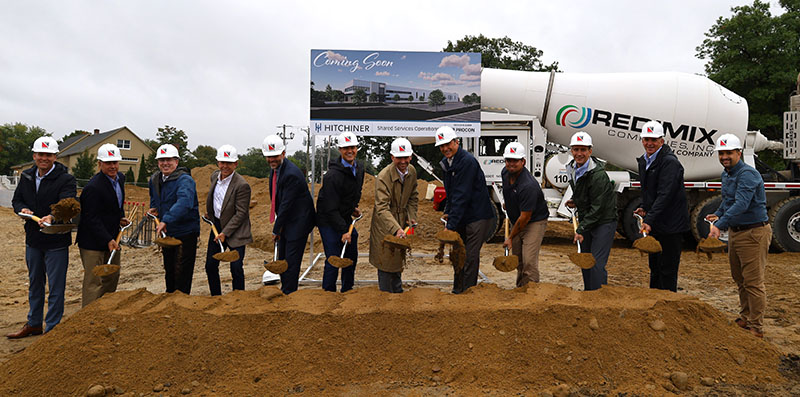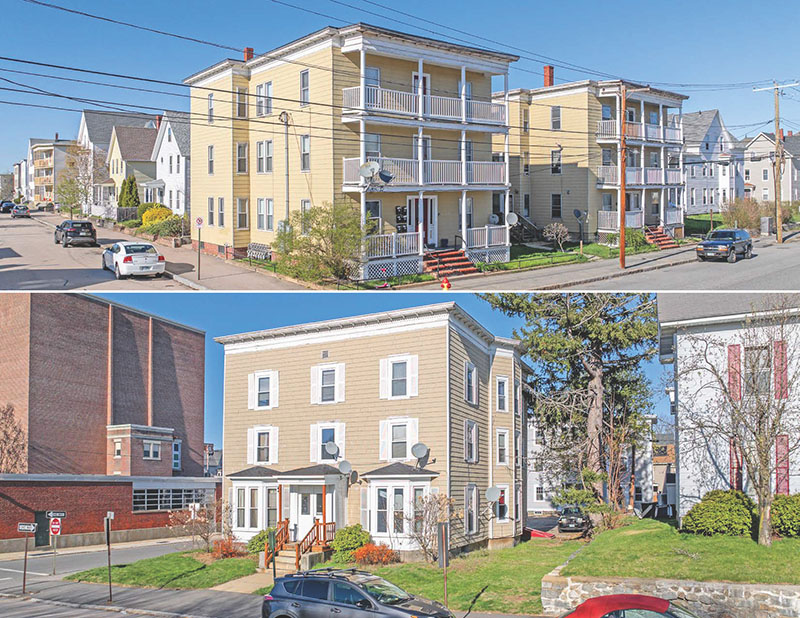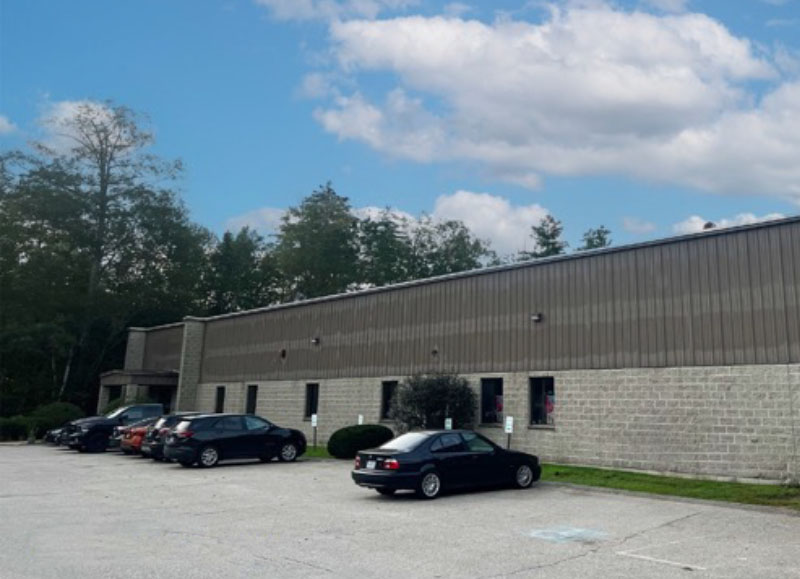News: Northern New England
Posted: February 6, 2014
The very real shortage of qualified real estate appraisers
My husband and I greeted the new year with the annual open house at some close friends of ours. Ever the extravert, my husband started a conversation with one of the other attendees who happens to be a neighbor of our hosts. After covering a number of topics, the first of which is almost always boating, the discussion turned to the focus of our professional lives. The attendee mentioned that he is a real estate attorney whose major client is a lender. He also mentioned what a difficult time he has finding real estate appraisers especially now that the economy is improving and the number of real estate transactions increasing. He stated that the appraiser he often used is now retired and that no new blood seems to be entering the field.
Obviously this was a great time to do some marketing which I did. However, this was not the first time we have heard this lament generated by users of appraisal services. What are the issues here? Why the bottleneck? Anyone attending appraisal professional meetings will readily note that the majority of the crowd sports grey hair, if they have any, and an abundance of wrinkles, myself included. The few obviously younger folks are in attendance in pursuit of a supervisor. This is in stark contrast to the composition of the meetings when I first entered the field in 1983 when the mix of ages was more evenly distributed. What gives? The answer may be distilled into five specifics.
Prior to the enactment of the appraisal licensing legislation in 1991, literally anyone could put out a shingle claiming that he or she was a real estate appraisal with no formal education or training whatsoever. The licensing law changed all that. The first reason a shortage of appraisers exists is that to become qualified to appraise a commercial appraiser now needs to have a bachelor's degree as well as 300 hours of qualifying appraisal education in very specific topic areas. Obtaining this education is not easy as the courses are not offered in all areas of the country and are not offered at all times. The courses are relatively expensive and if travel is necessary, the expense increases even more.
Secondly, a commercial appraisal trainee needs to have a minimum of 3,000 hours of appraisal experience in no fewer than 30 months to become certified. These 3,000 hours cannot include travel time, any administrative time, or time spent on any other activity that is not directly appraising. In our office, the average appraising time for a trainee is about 90 to 100 hours a month.
The third stumbling block to becoming an appraiser is the requirement of a supervisor to mentor the trainee. Many an appraiser-want-to-be has taken the 75 required hours of education to become a trainee but is unable to find a practicing certified appraiser to act as their supervisor. The reason so very few certified appraisers are willing to take on a trainee is financial. Quite simply, it takes time to train someone that could be spent billing. In addition, once trained and capable of being very productive, the trainee may very well quit and go to work for another appraiser or appraisal firm for better pay. I've heard more than one appraiser state, "Why should I train my competition?"
The fourth reason is the increased liability faced by practicing appraisers. Each state has a board of real estate appraisers whose job it is to enact the appraiser licensing legislation and to handle complaints. Anyone has the ability to complain against an appraiser, even if the complaint is frivolous. Any appraiser that has a complaint filed against him or her must respond. The response can be very time consuming and stressful as well as quite expensive if a lawyer is involve in representing the appraiser. Even if the appraiser prevails, the legal expenses and time costs can be overwhelming.
The fifth and final reason for the shortage of appraisers is primarily financial. Appraisal fees have stagnated or even decreased in the last 10 years or so. To some extent this has been counter balanced by the increased productivity allowed by the Internet and computers. However, no appraiser makes as much as other professionals that require the same degree of education and experience to attain proficiency.
In a nutshell, the shortage of appraisers is created by the very stringent education and experience requirements to become an appraiser, the difficulty in finding supervisors to mentor trainees, and the uncertain financial rewards of practicing appraising. Personally, I think the education and experience requirements are a good thing. The shortage may very well have the effect of increasing fees. The one bottleneck which will take some creative thinking to solve is how to increase the number of appraisers willing to supervise a trainee.
Patricia Amidon, MAI, is president of Amidon Appraisal, Portland, ME.
Tags:
Northern New England
MORE FROM Northern New England
PROCON and Hitchiner break ground on 57,000 s/f shared services operations facility
Milford, NH Hitchiner, in partnership with PROCON’s integrated design and construction team, has officially broken ground on a new 57,000 s/f shared services operations facility at its Elm St. campus. This building will house value-added services used across Hitchiner’s various business units,







.png)
